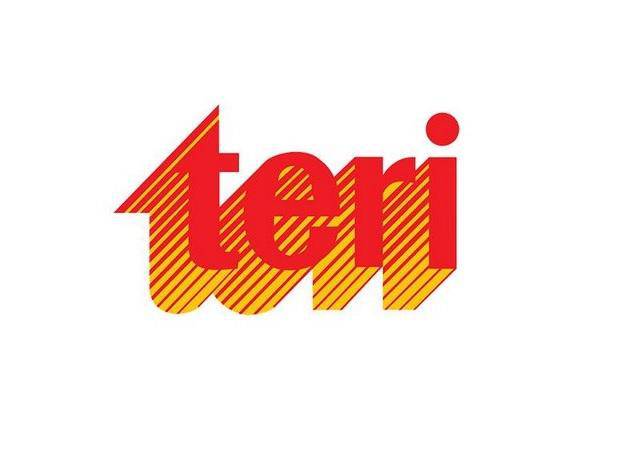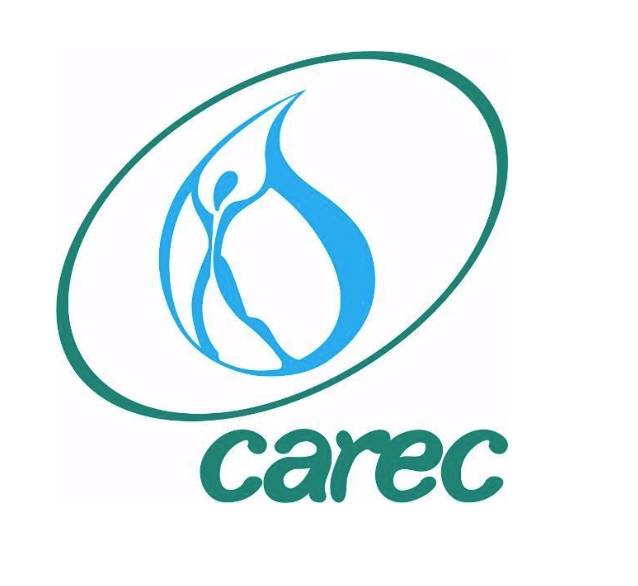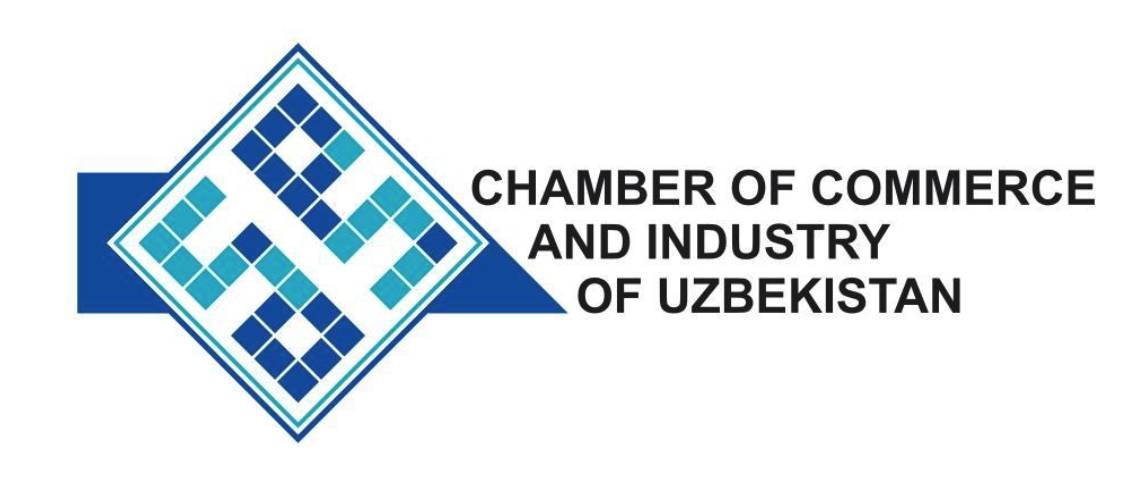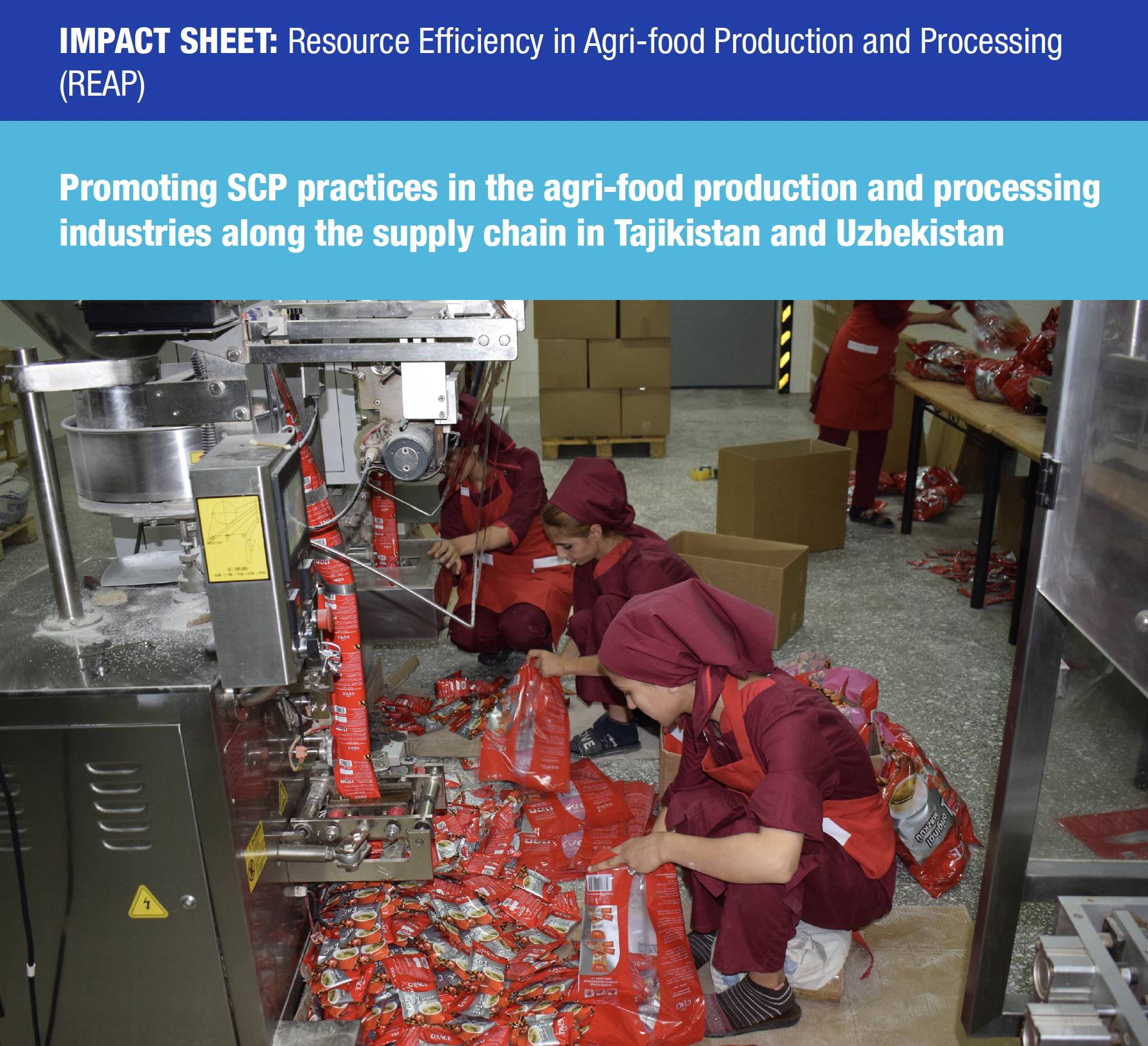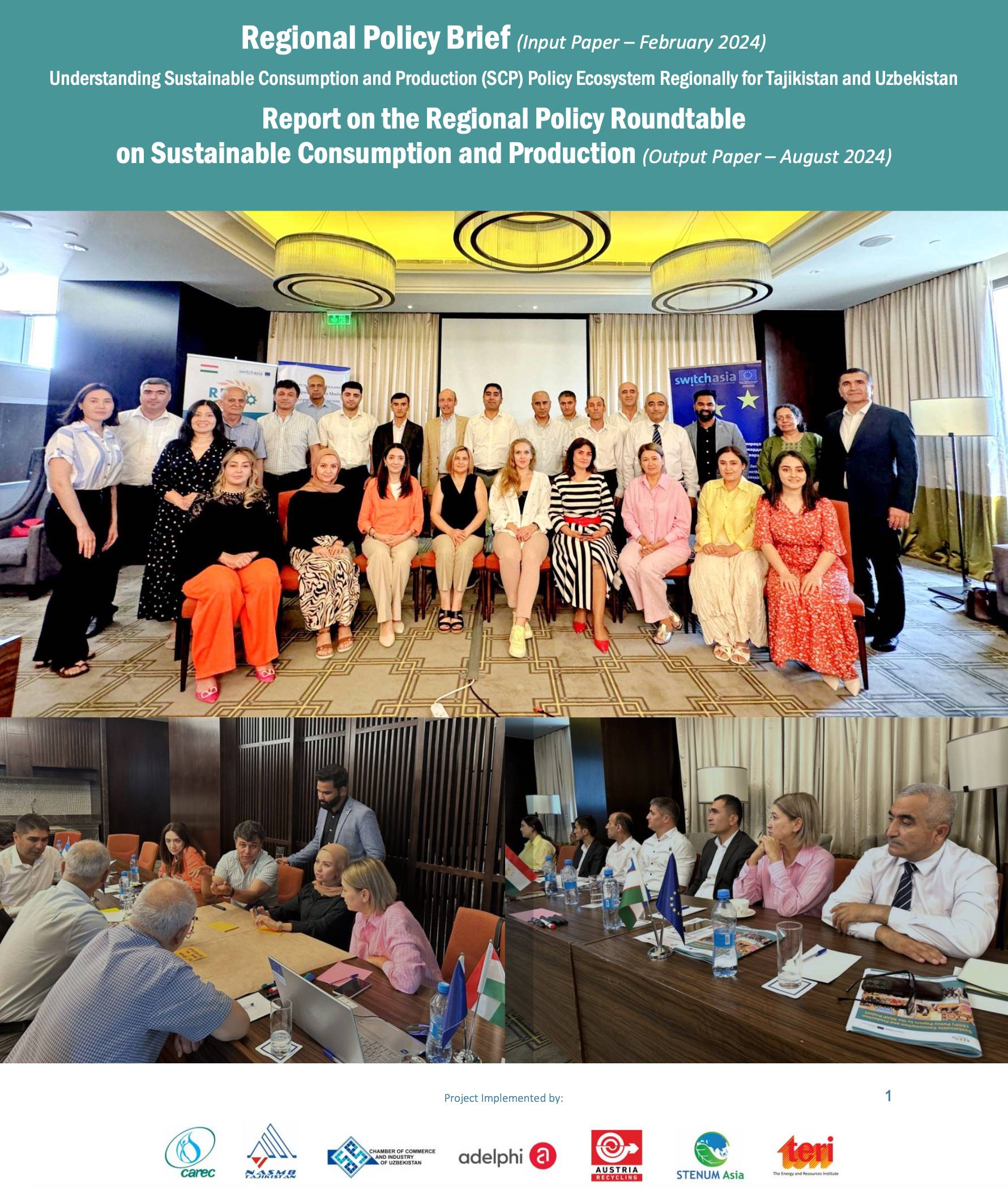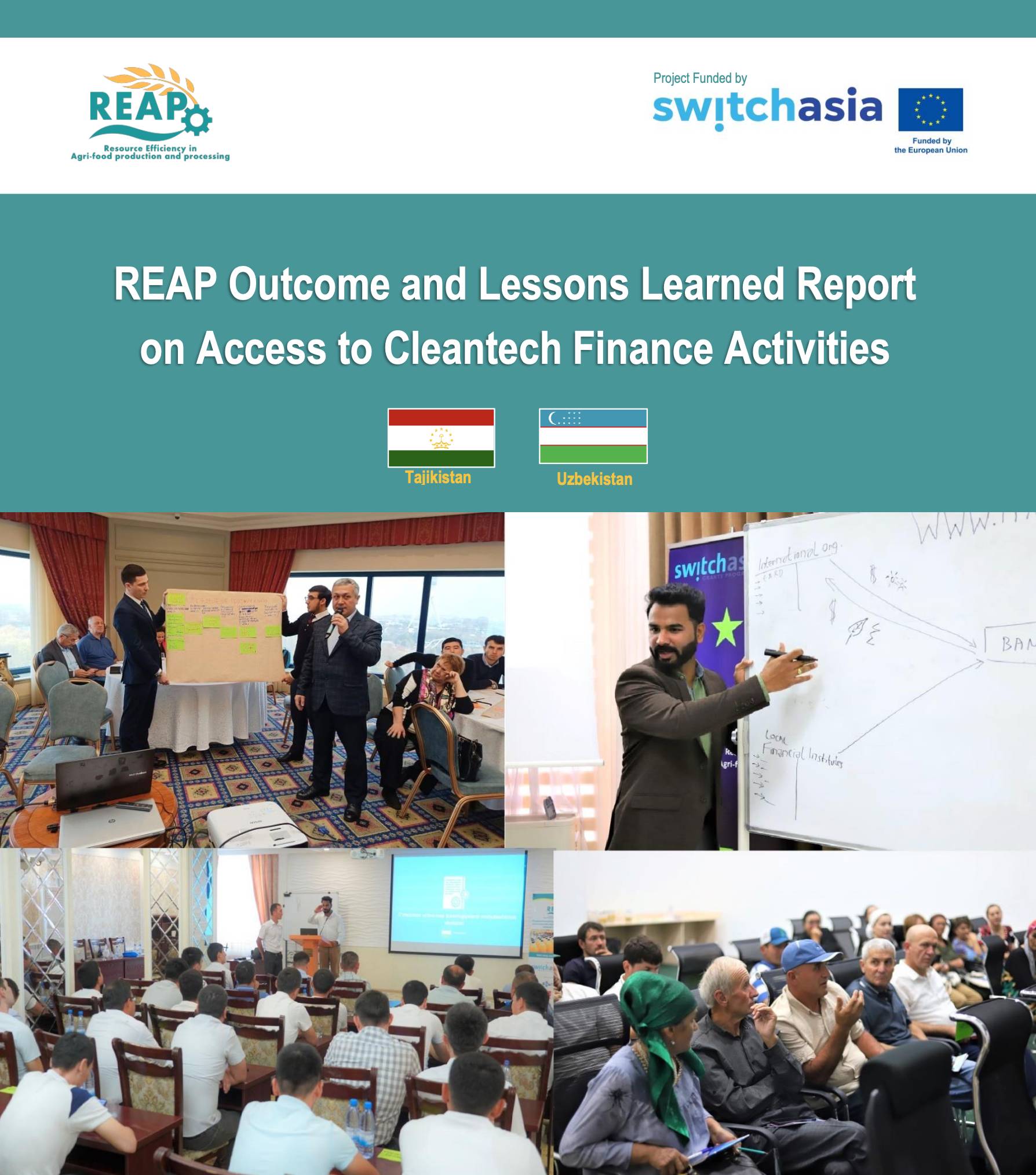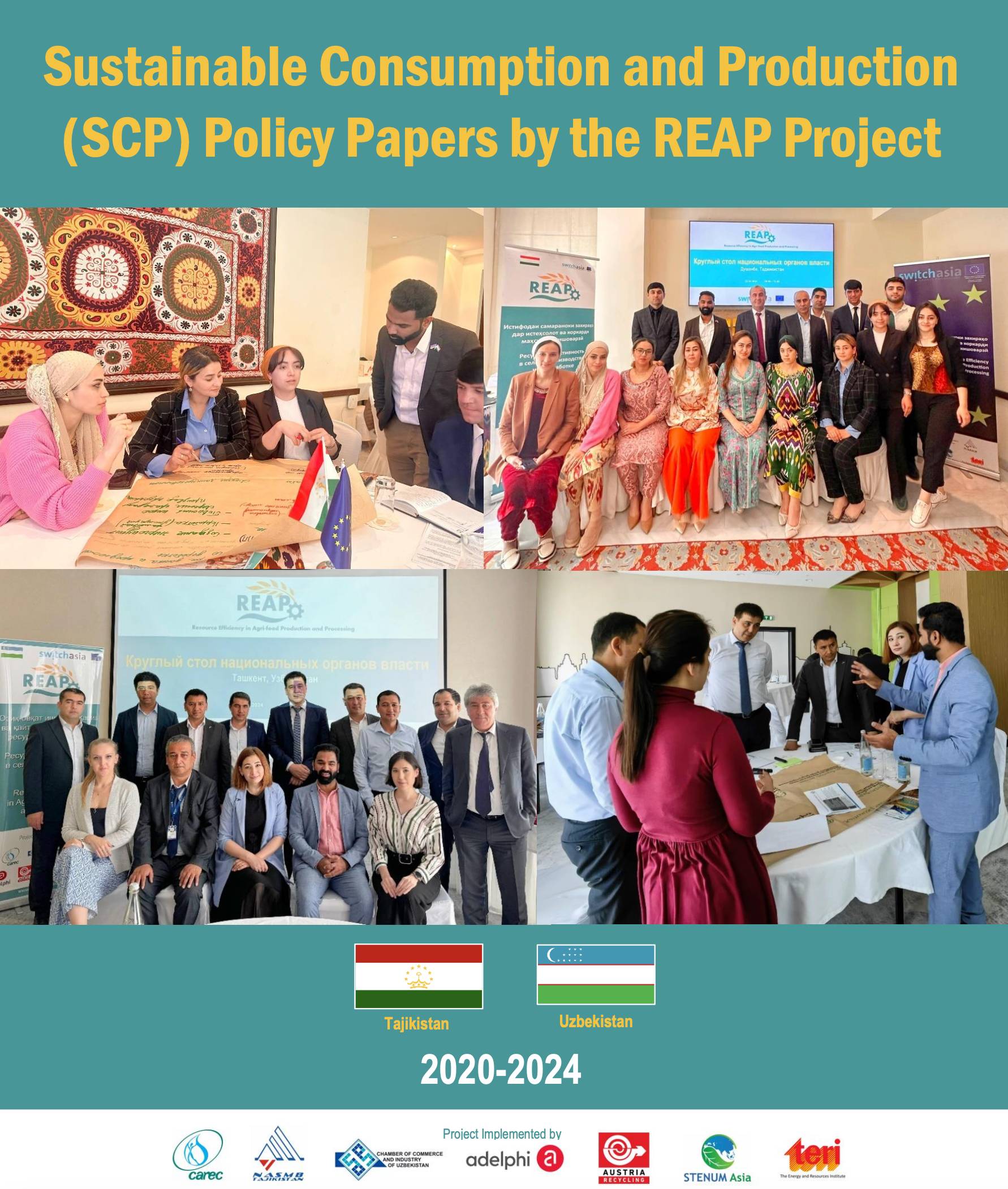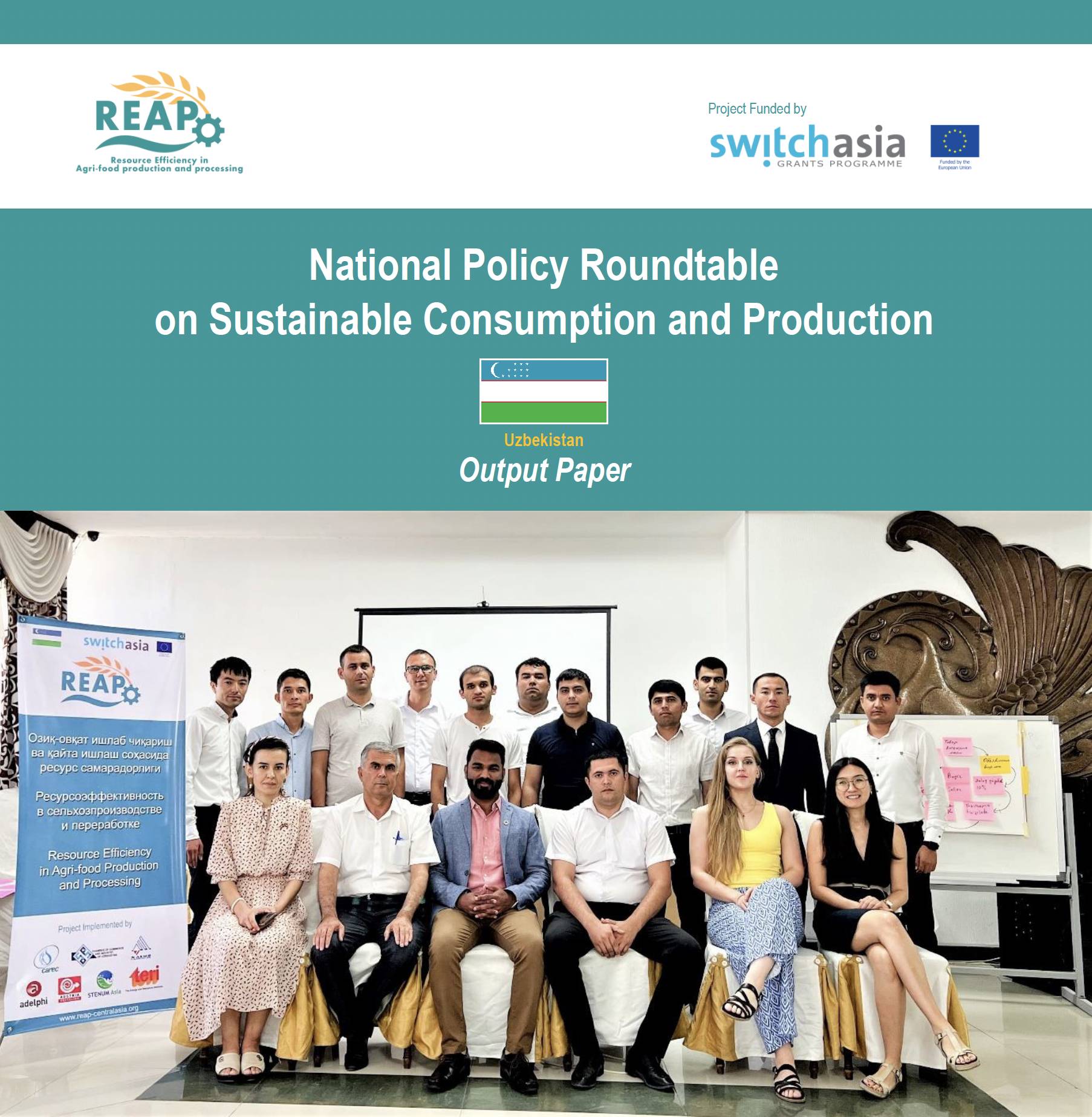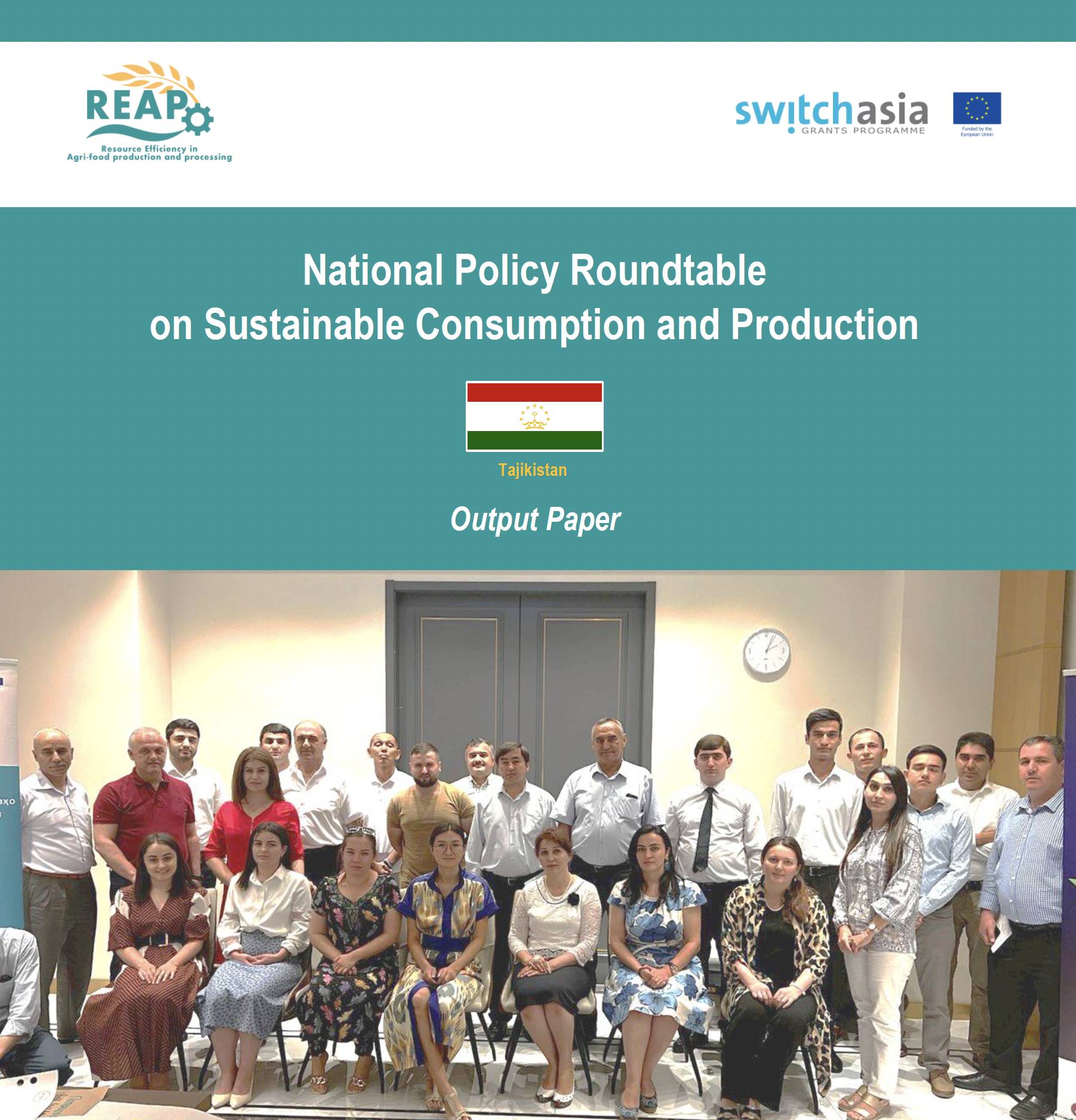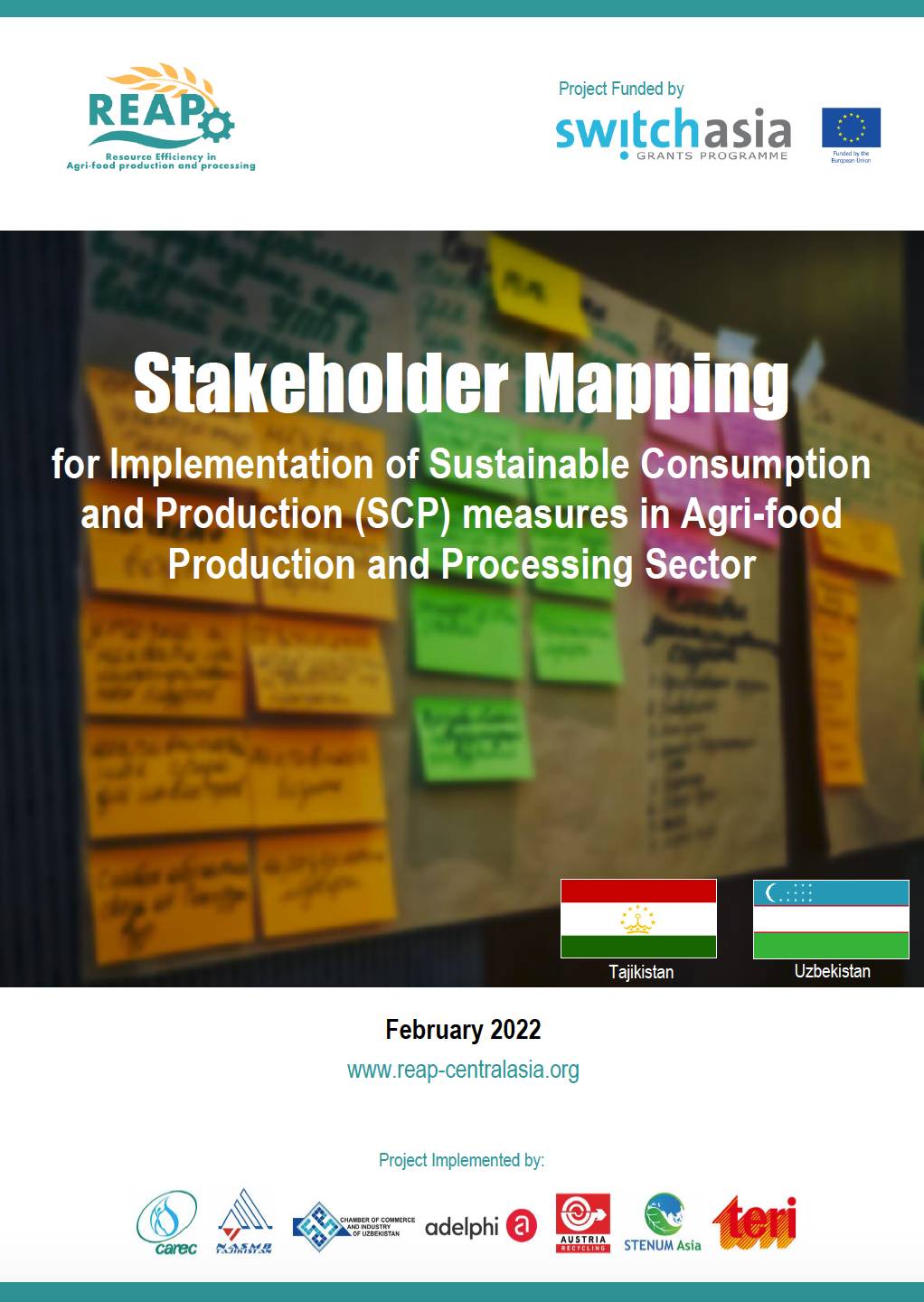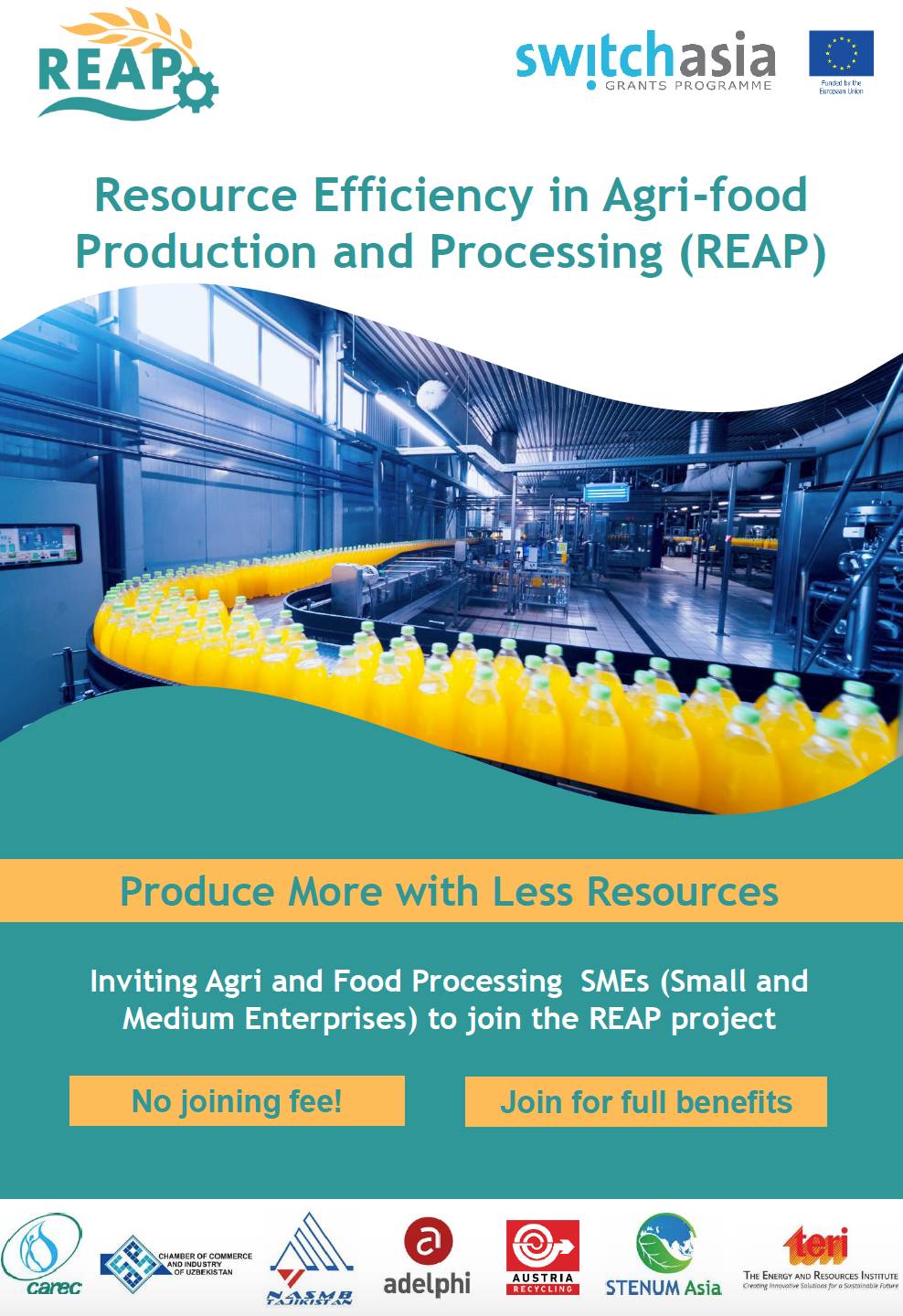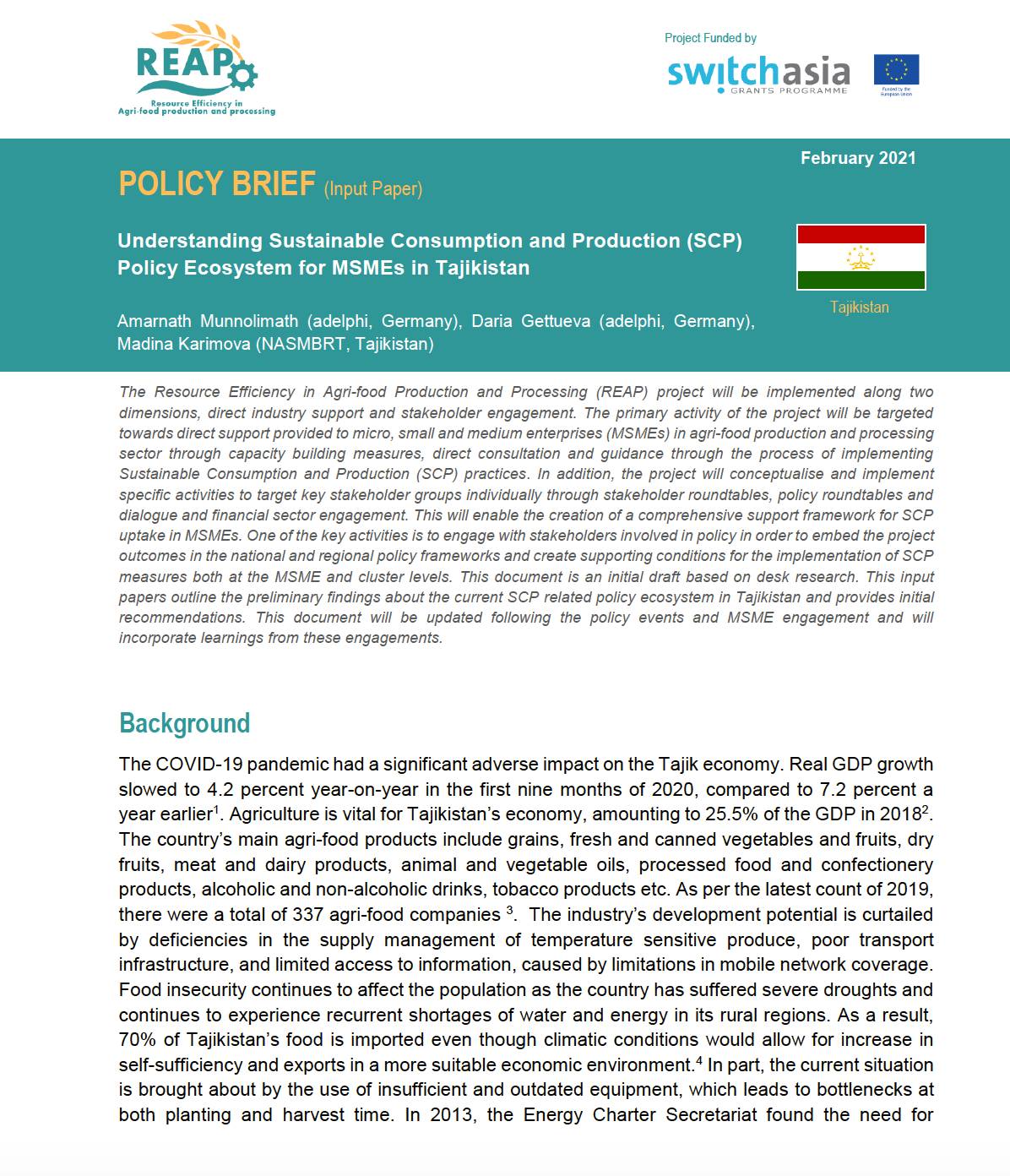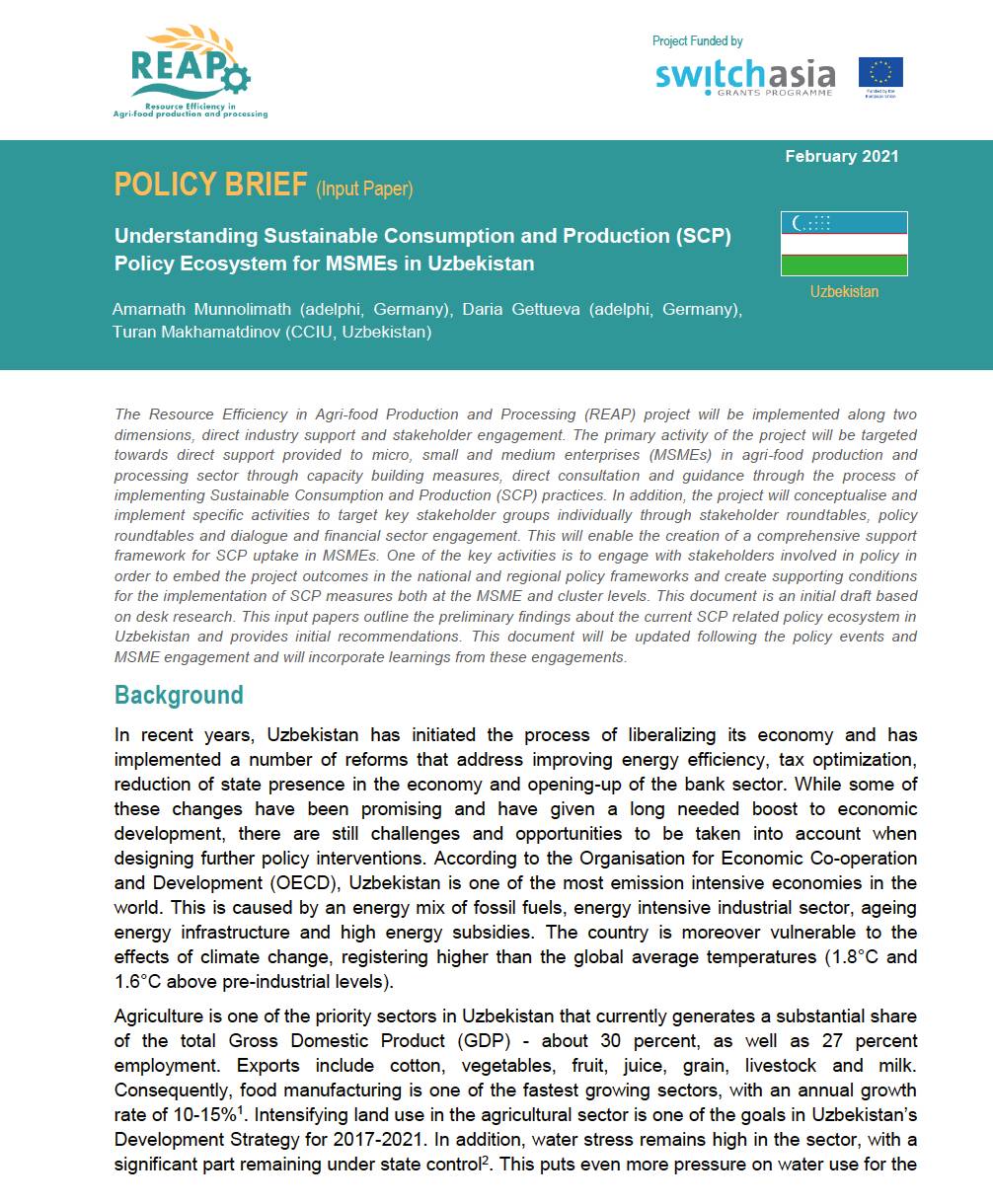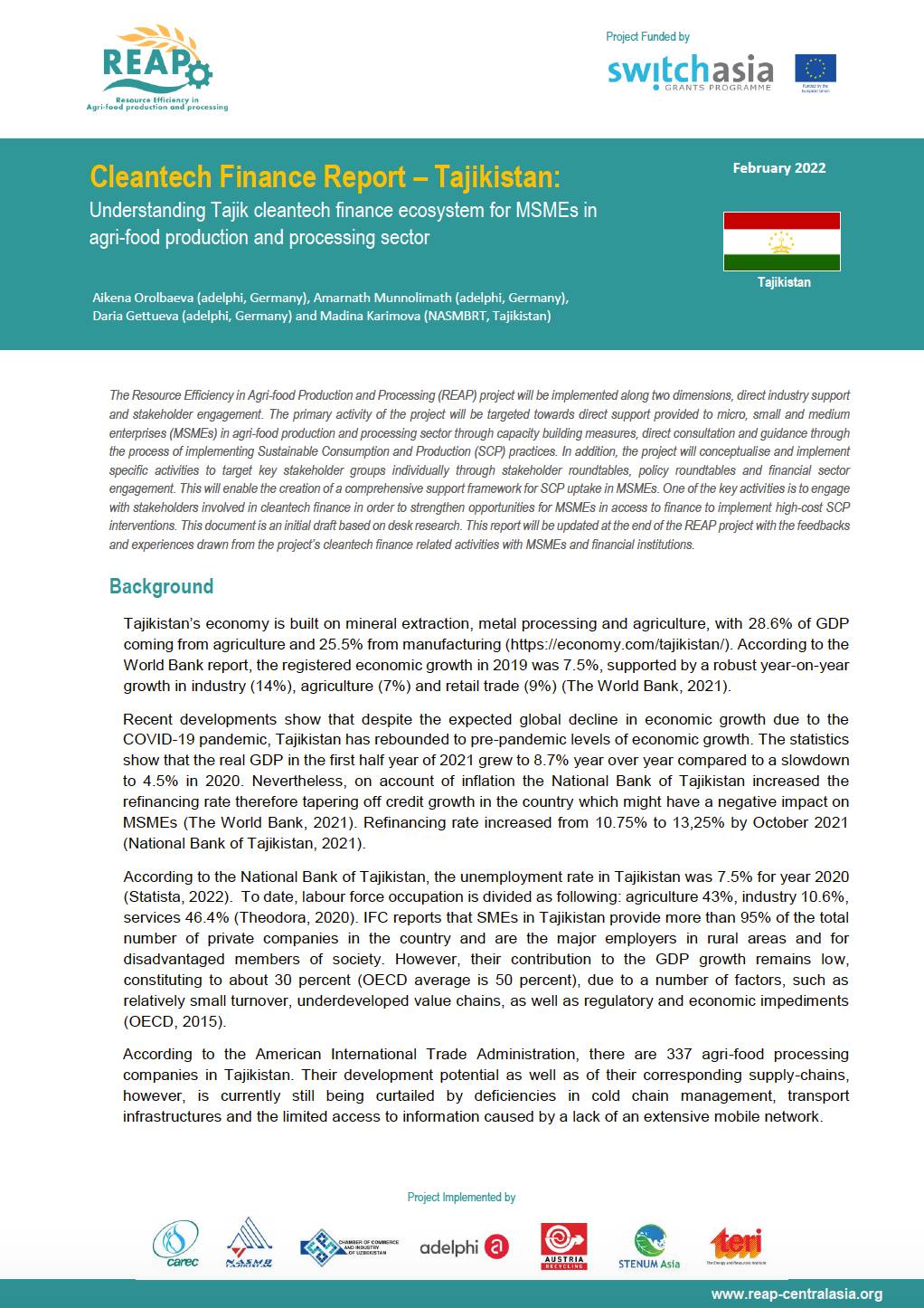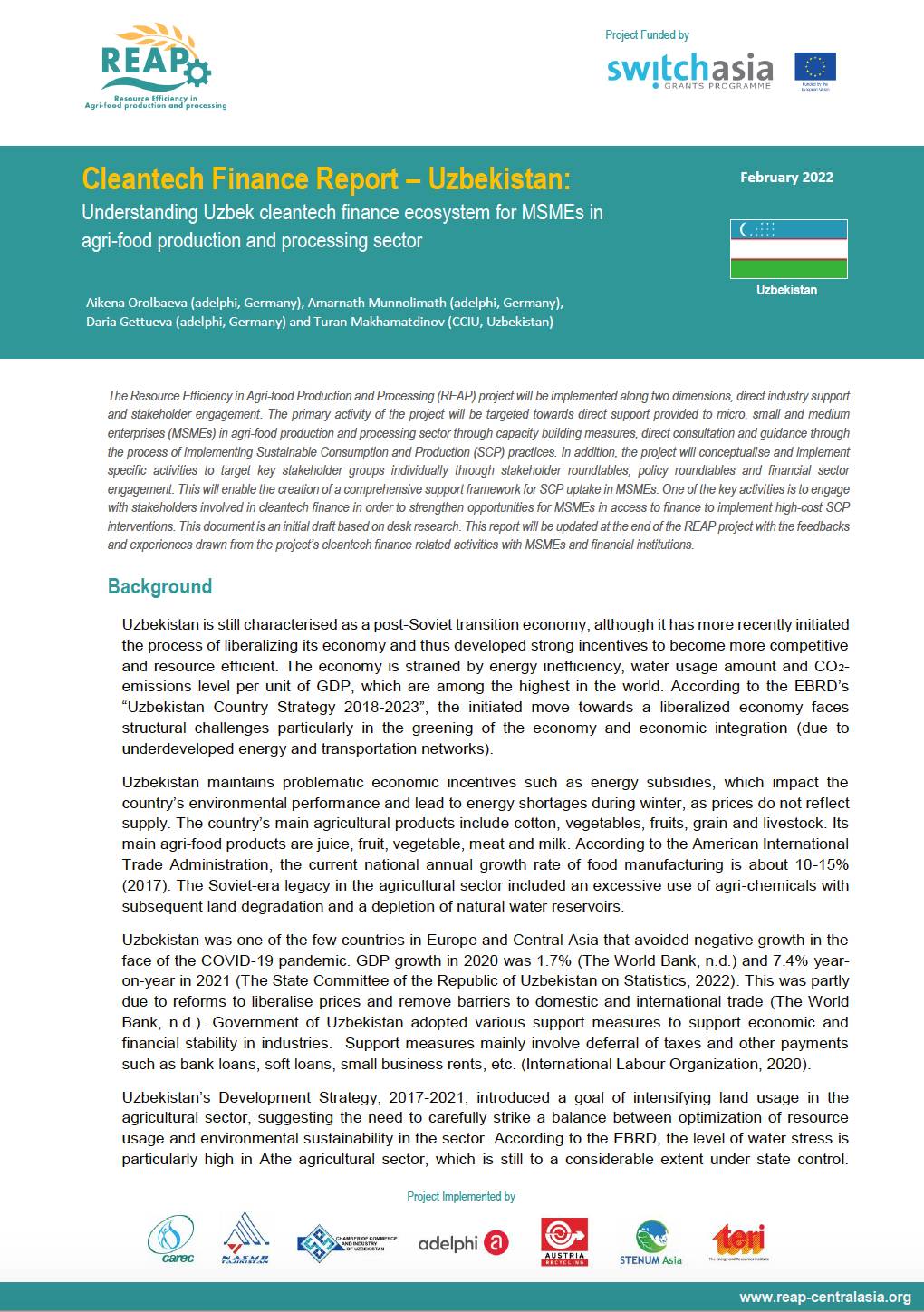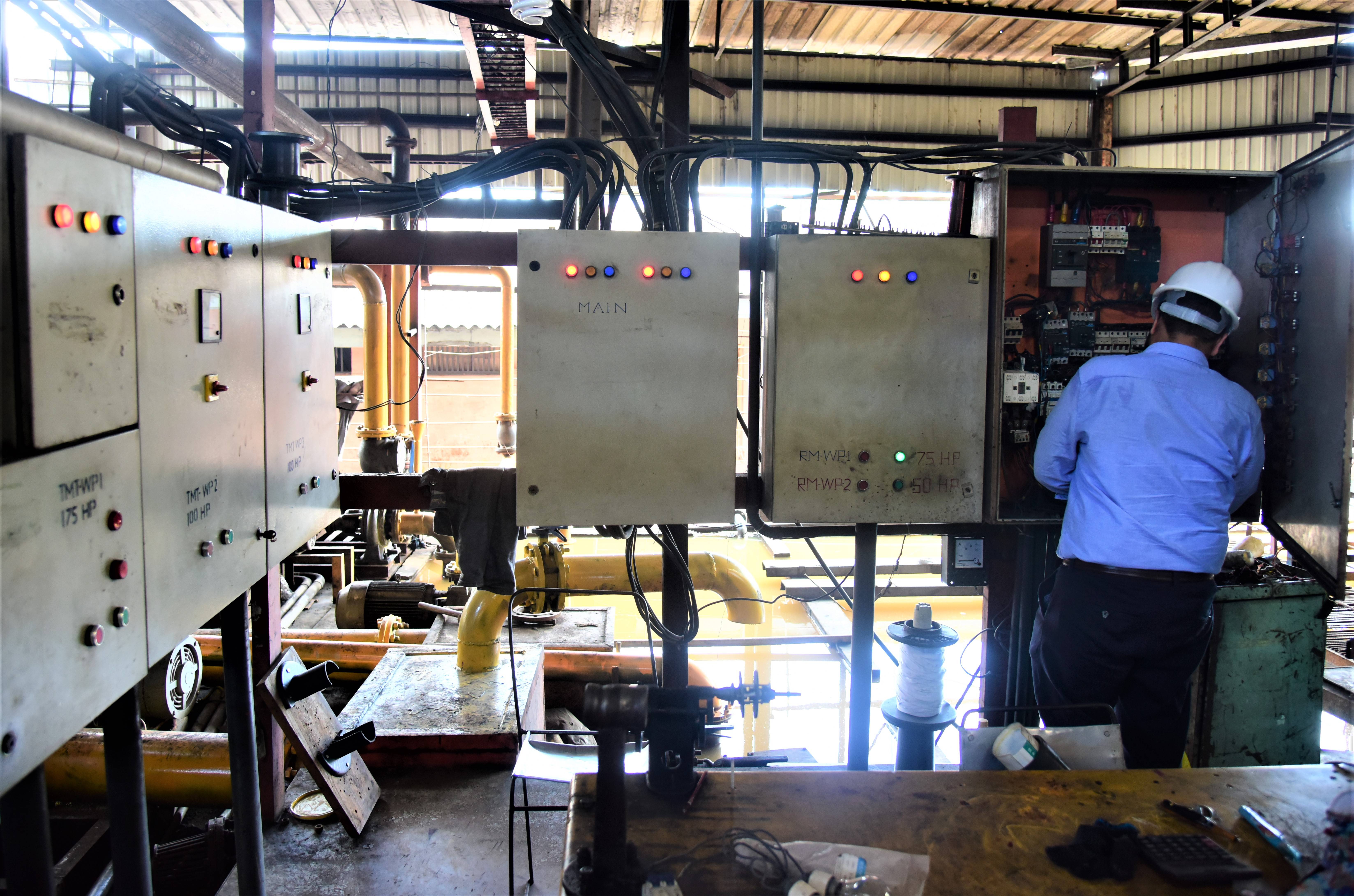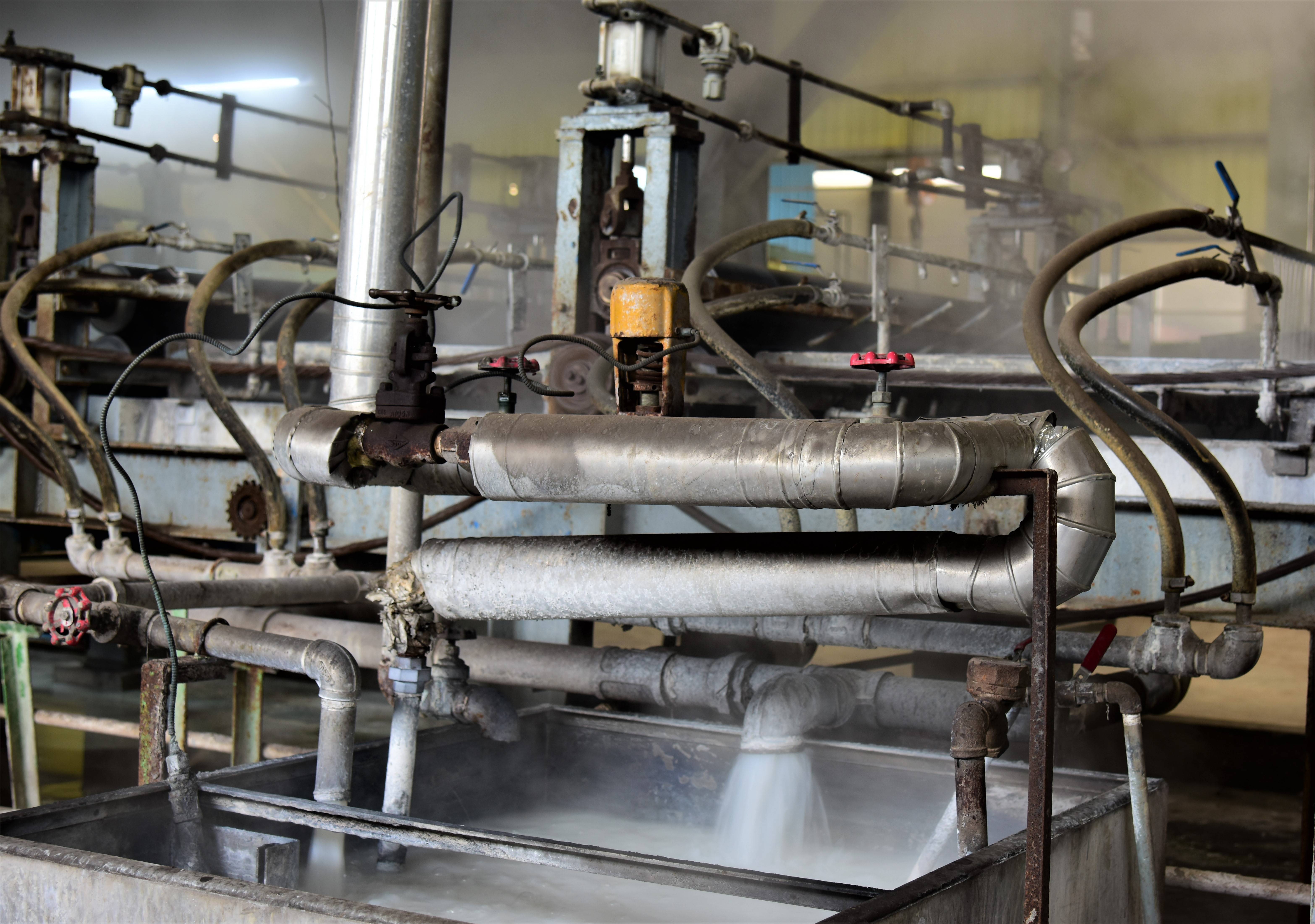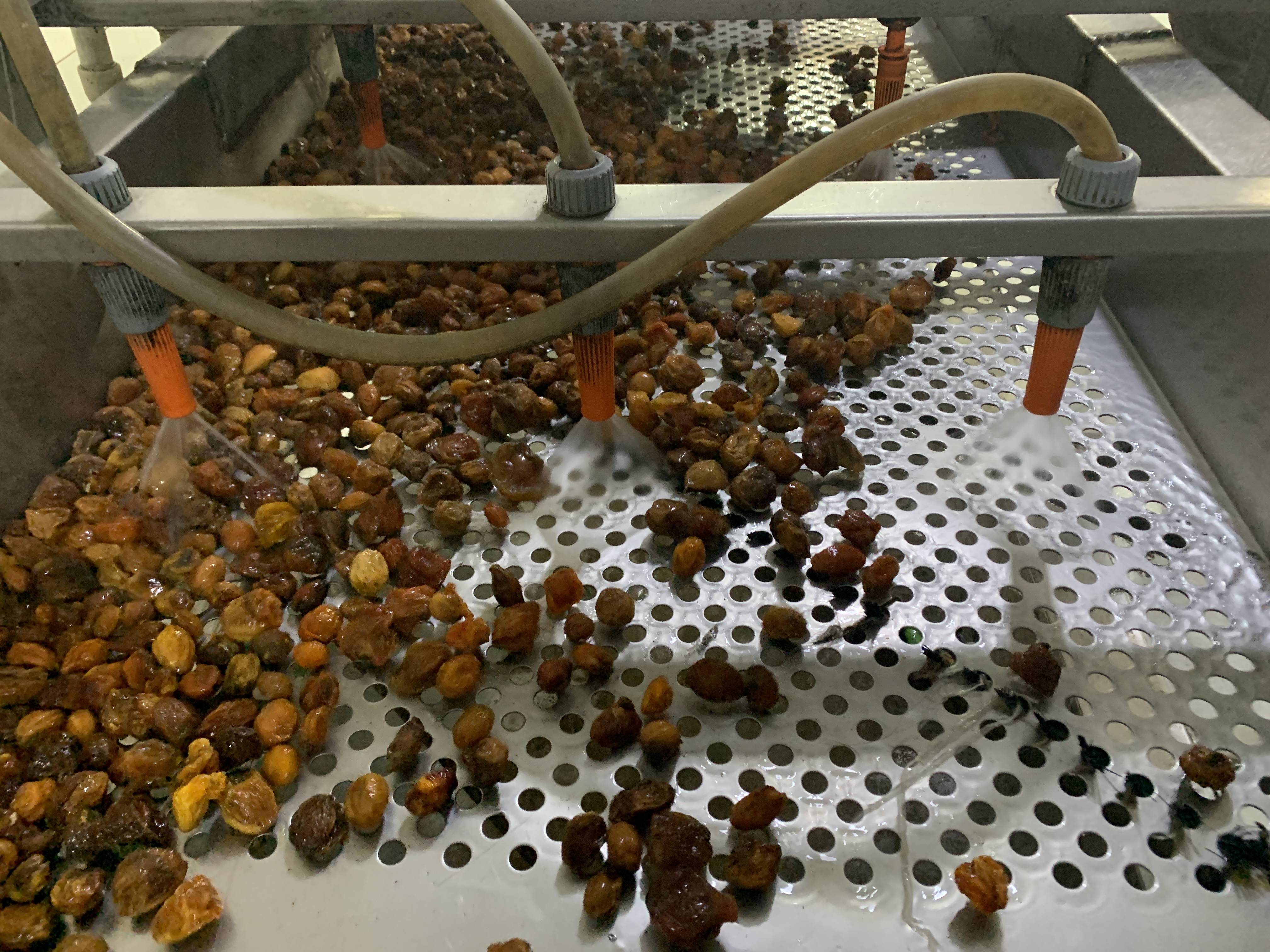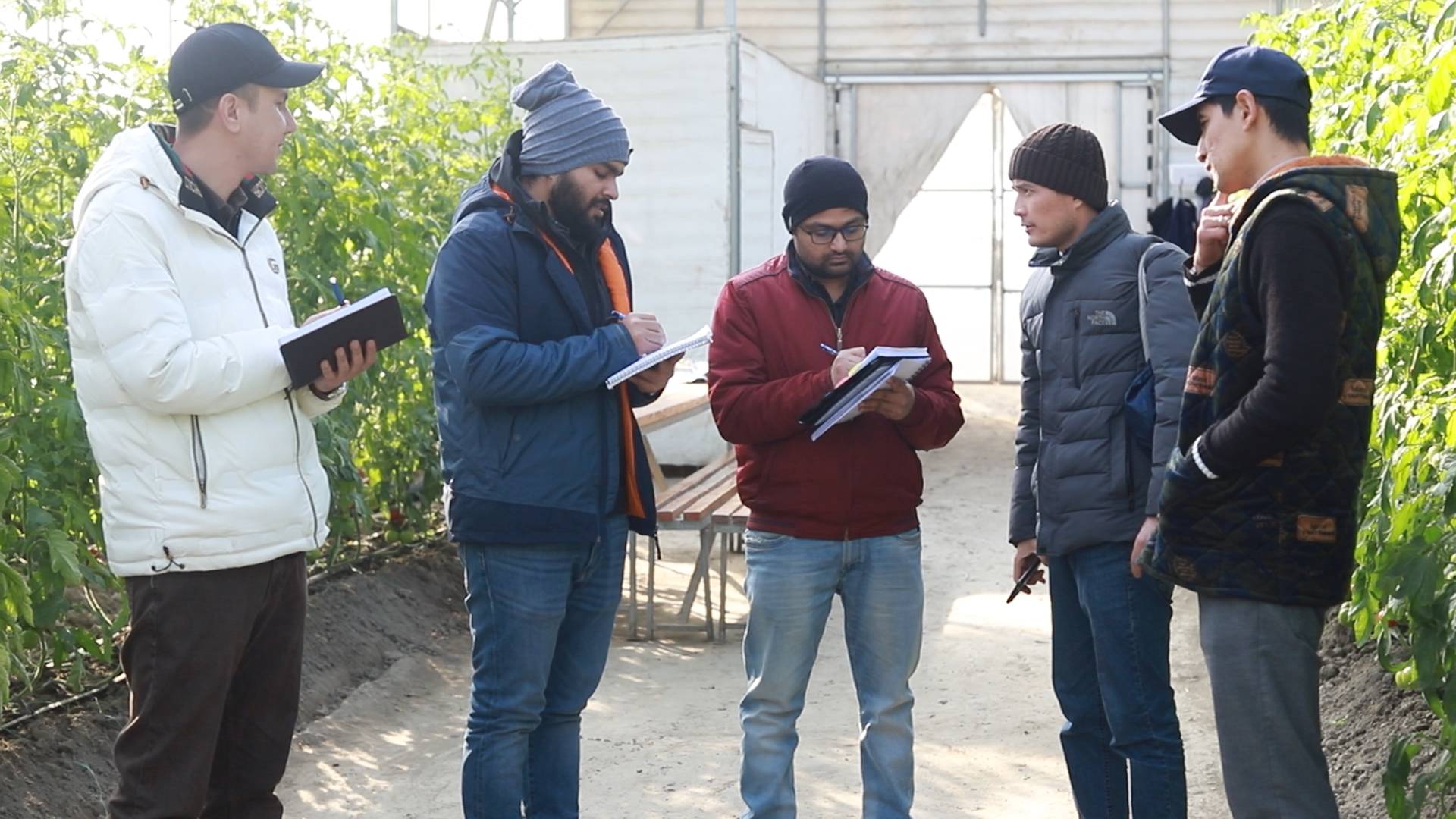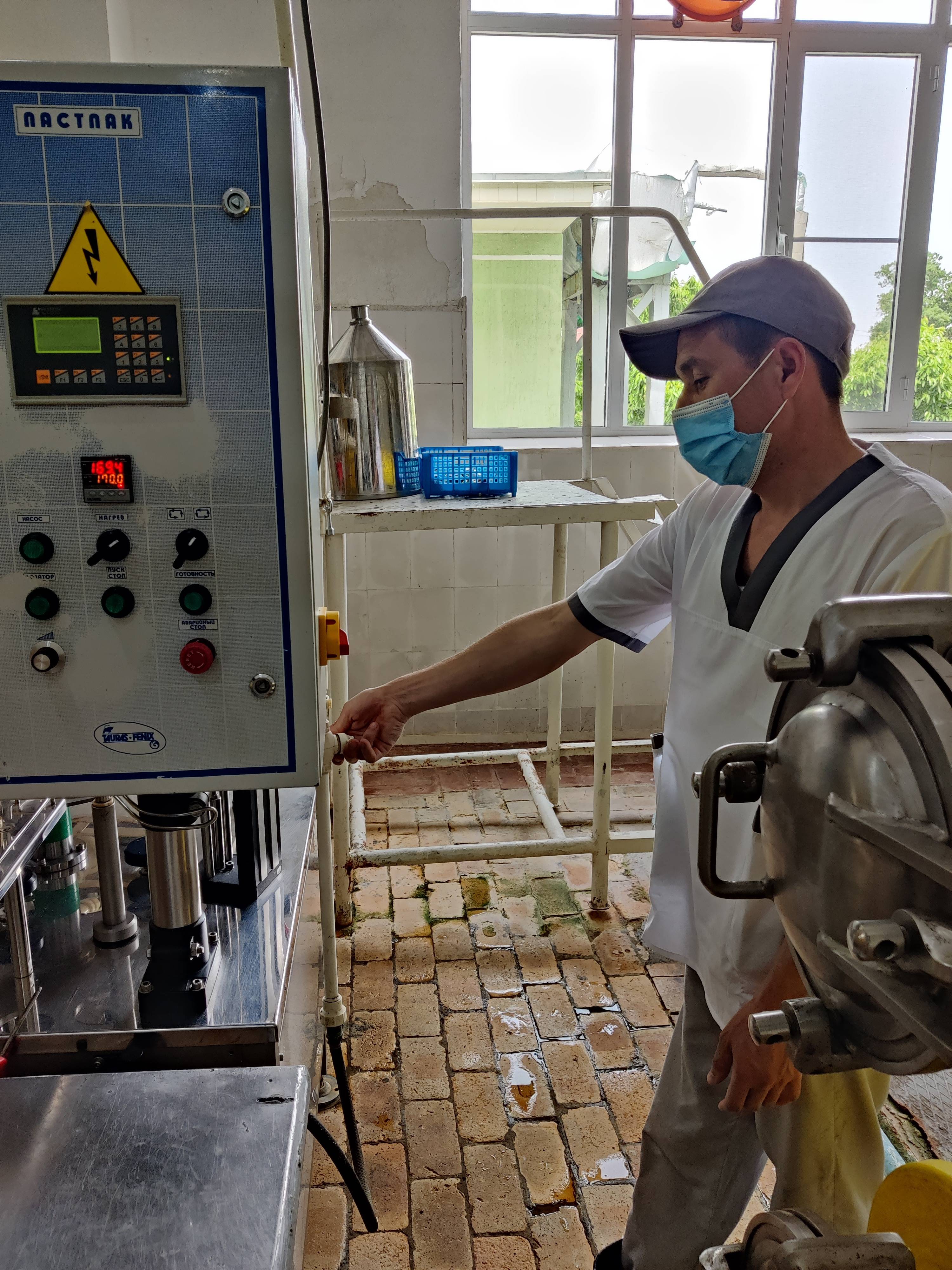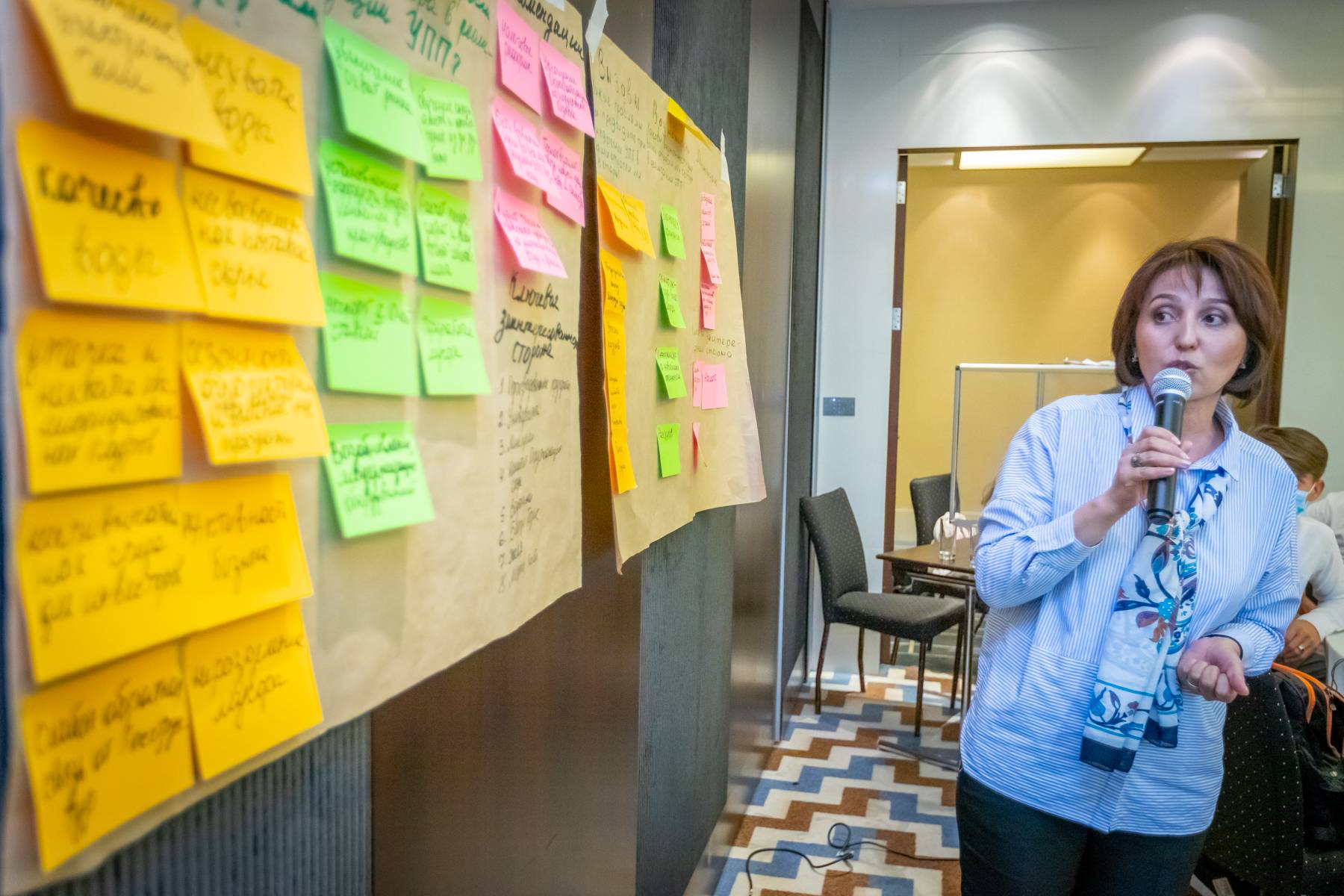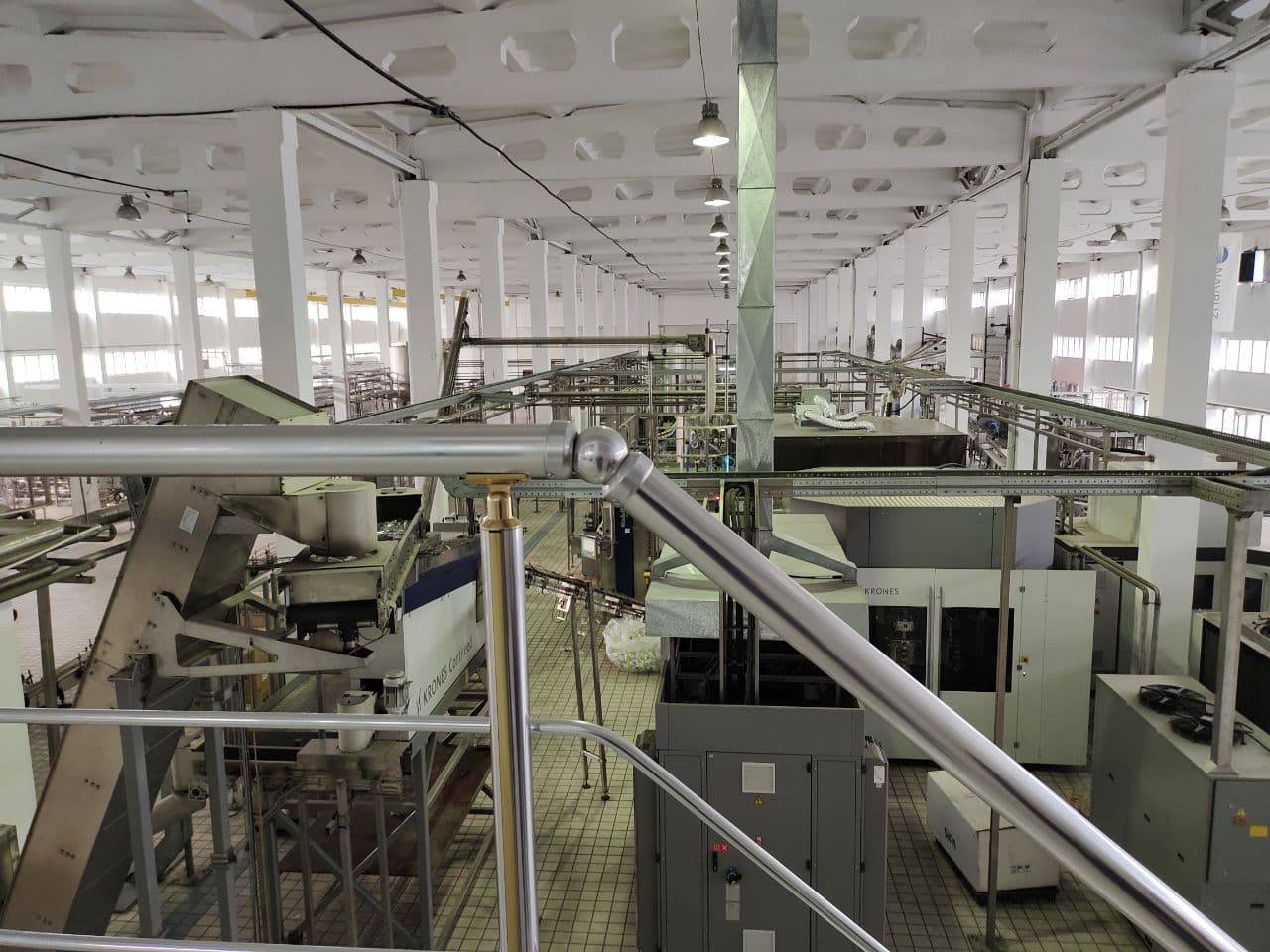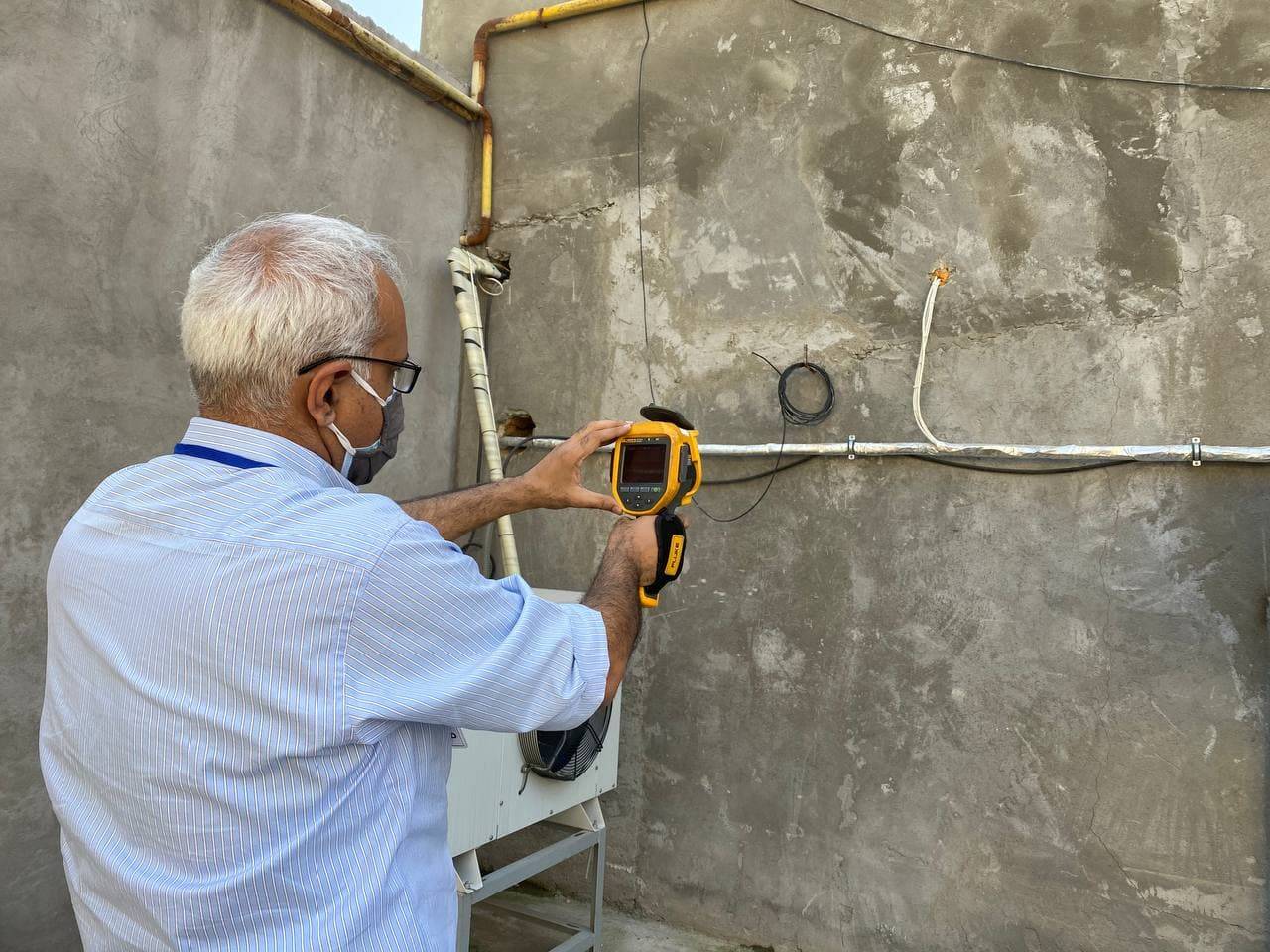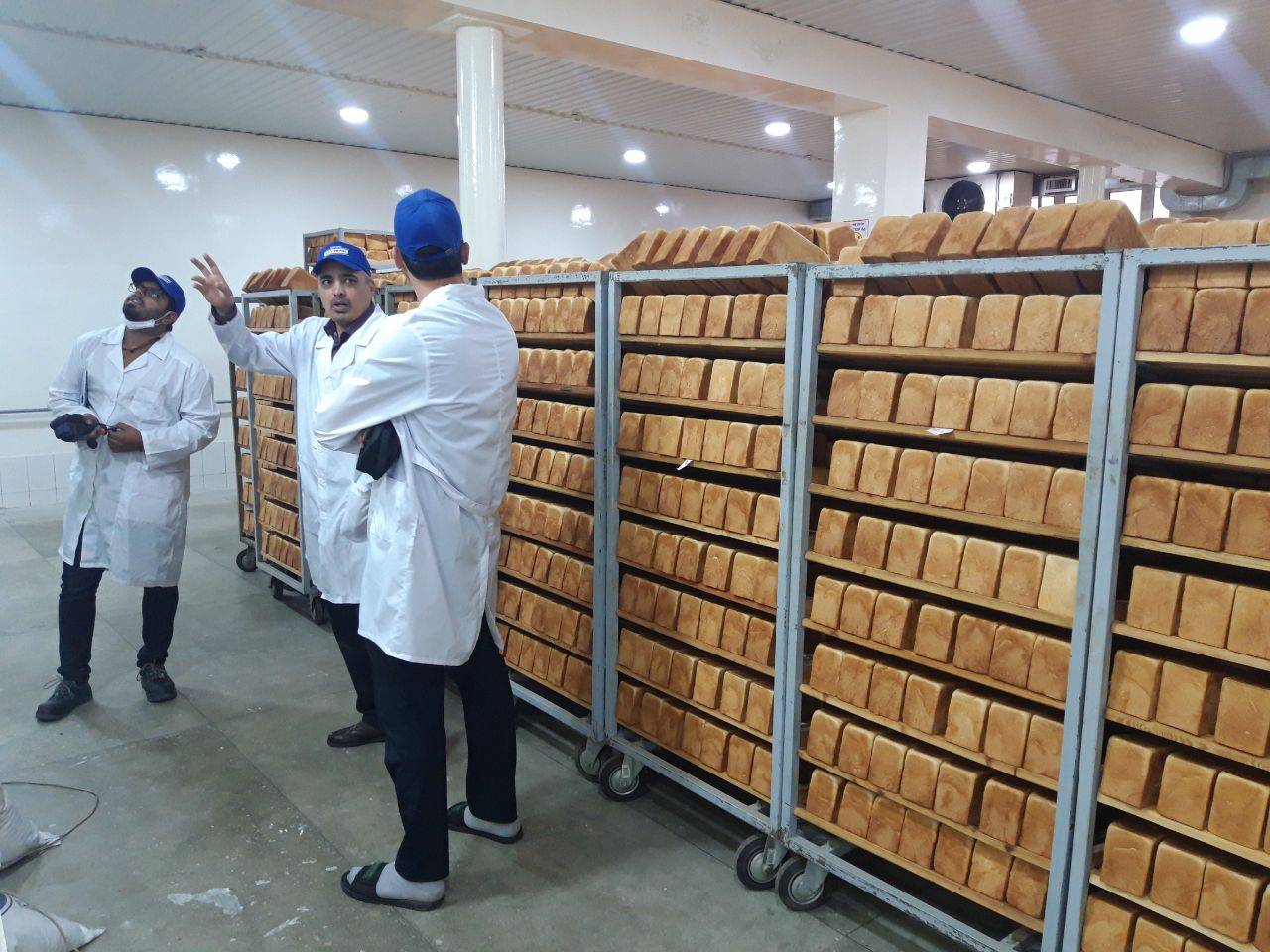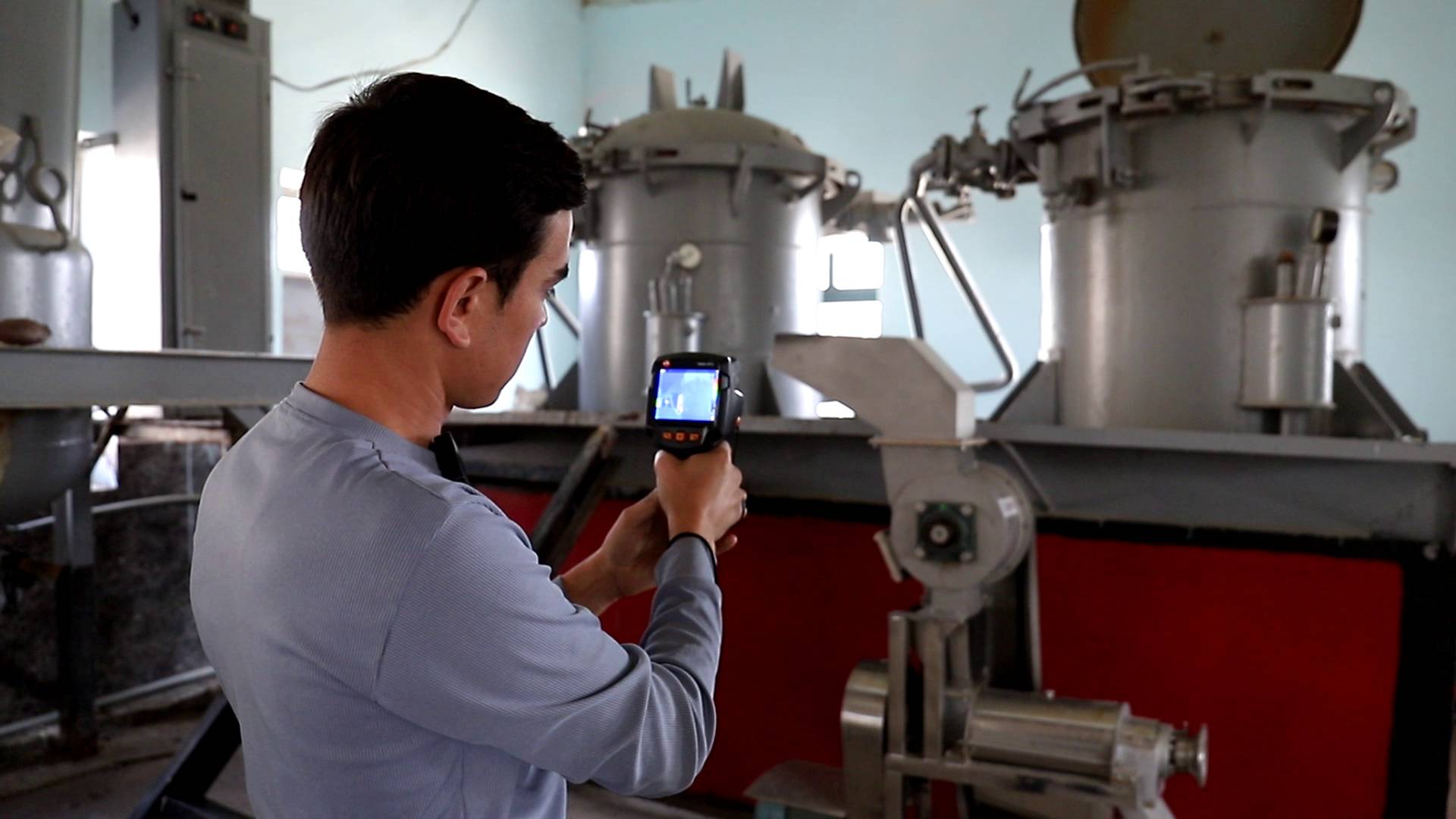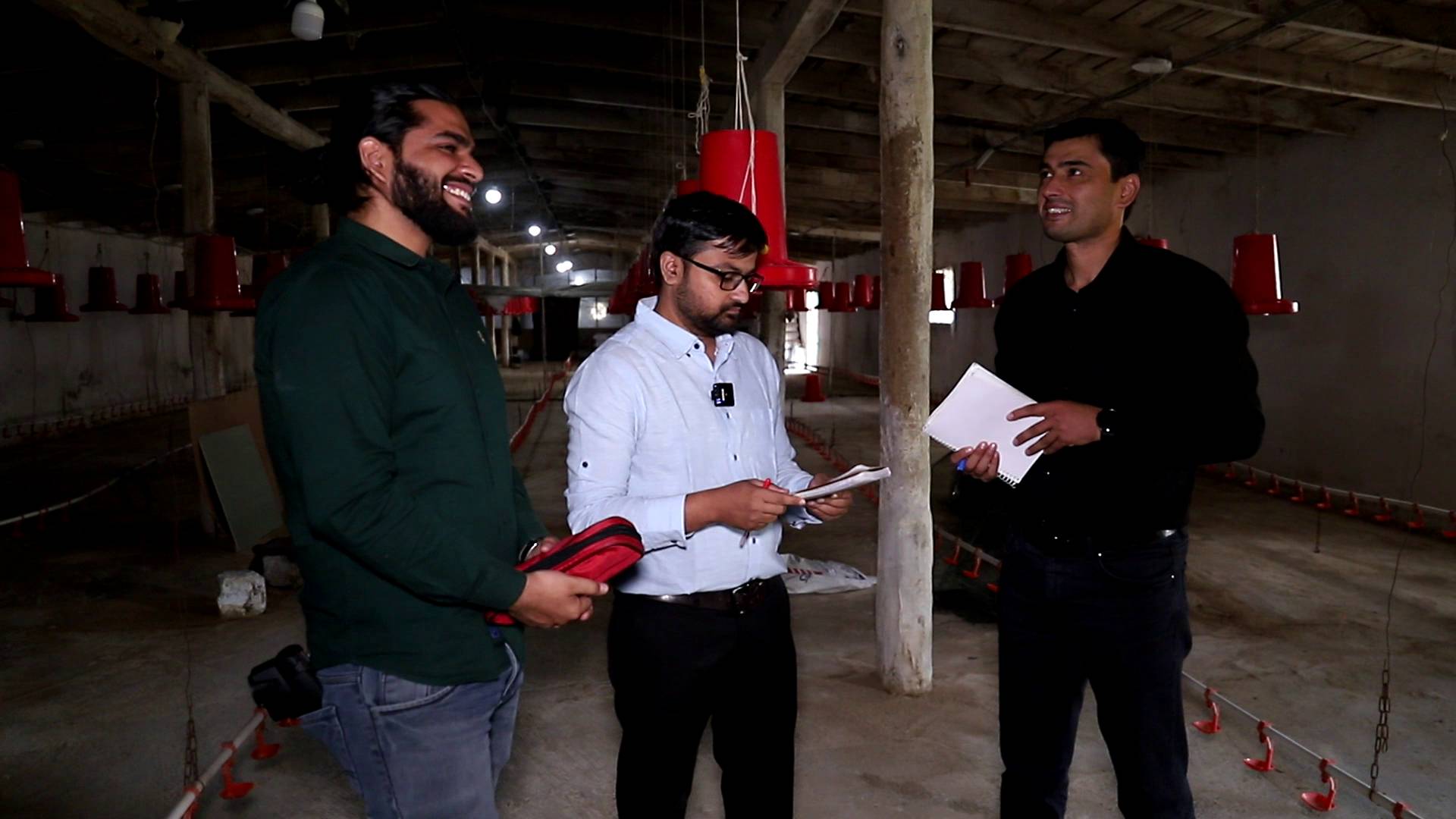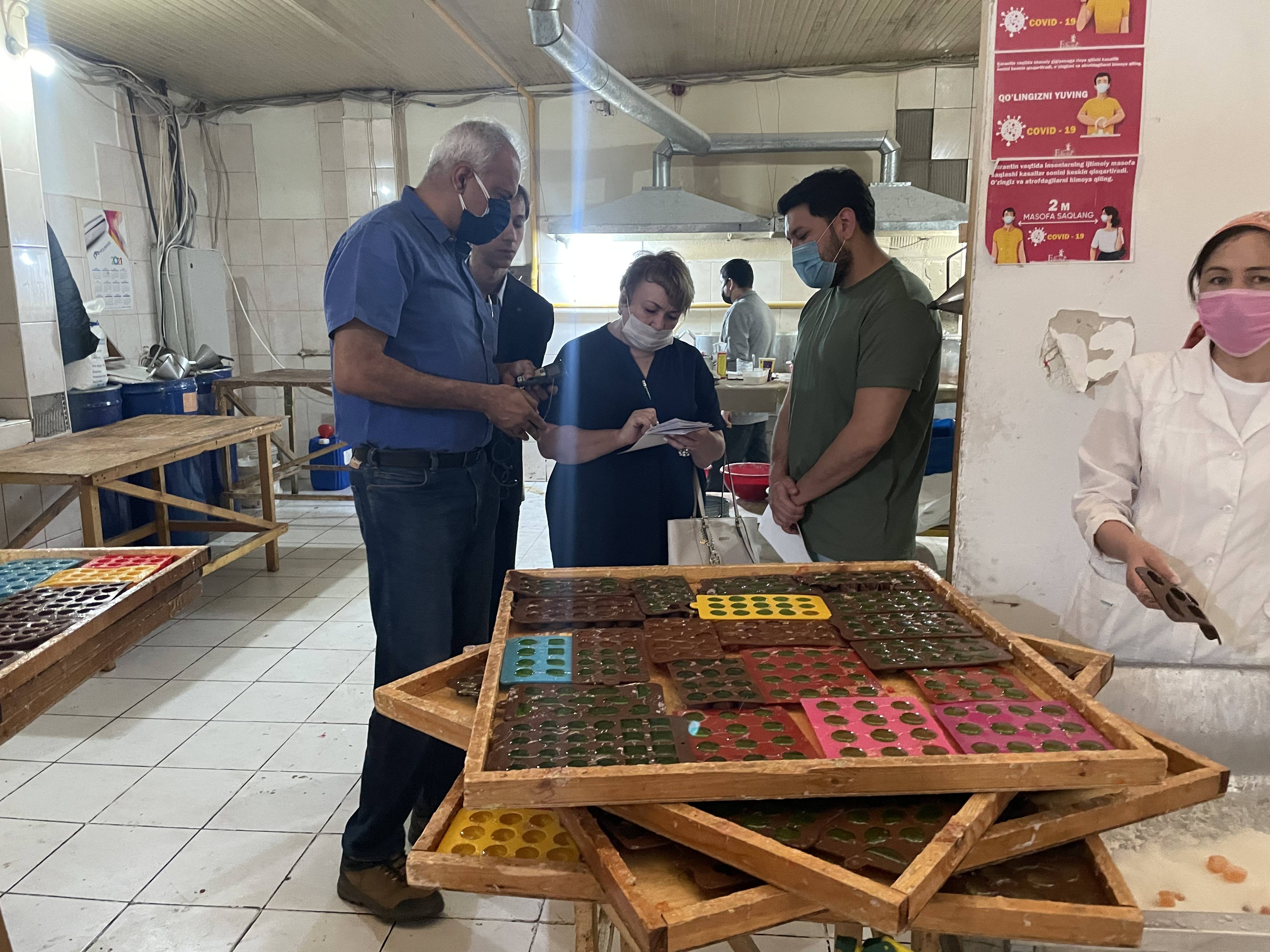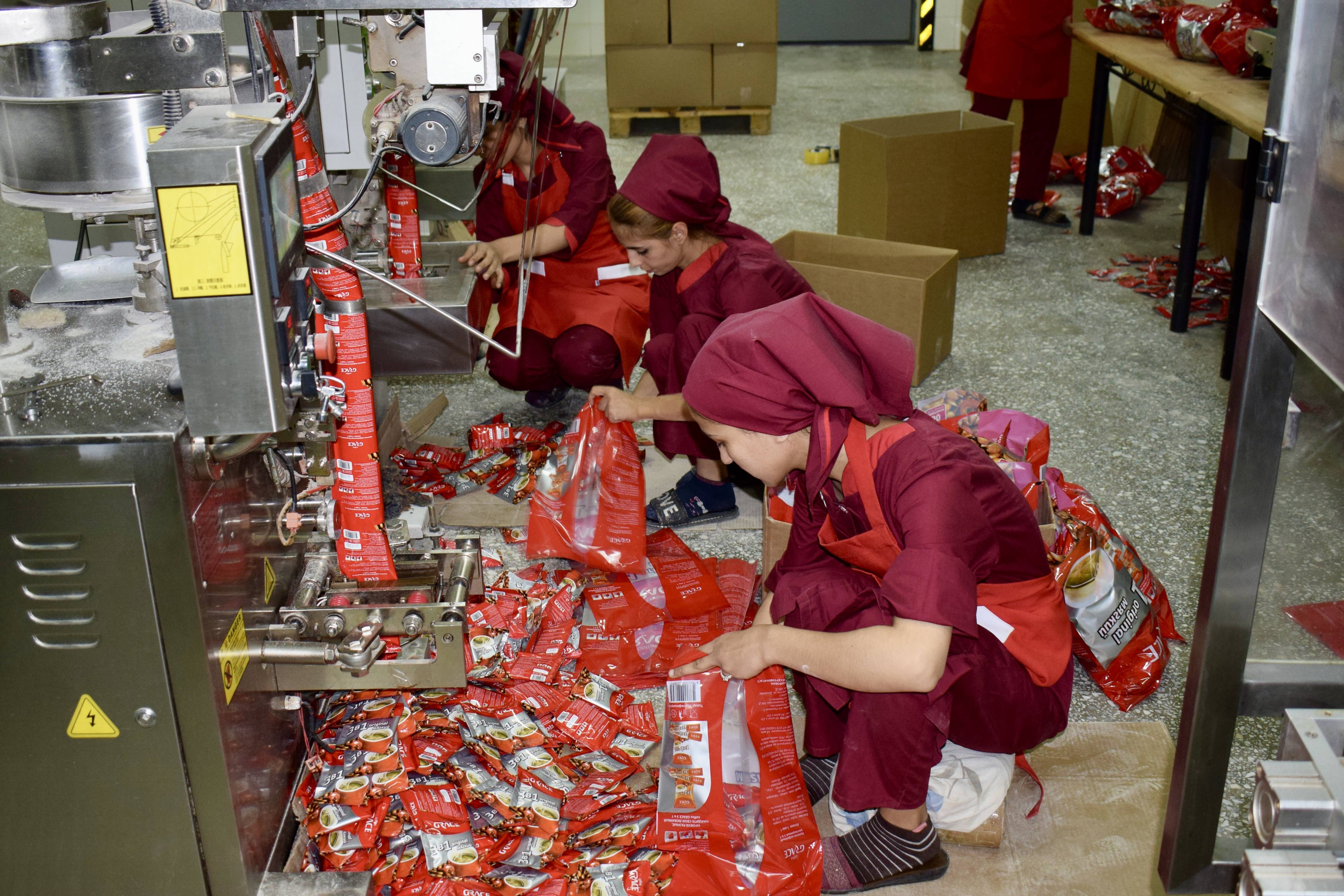
The Challenge
While agriculture plays a major role in Uzbekistan and Tajikistan, food insecurity and a strong dependence on food imports increases vulnerability to climate change and geopolitics. In Uzbekistan, the share of small businesses (Micro-, Small and Medium-sized Enterprises - MSMEs) in gross agricultural production is 98.1%. The export of Uzbek agricultural products increases from year to year. As for processing and intermediate storage, Uzbekistan is in the top twenty countries in terms of cold storage. In Tajikistan more than 60% of the population lives in the rural areas. The country’s natural resource base is weak and, due to remaining agricultural inefficiencies of the Soviet system, declined productivity poses severe challenges for its food security. Business is constrained and a key condition for improving economic growth and investment involves improving the business environment in agri-food processing by introducing more efficient production techniques.
The Objectives
Promotes SCP practices in the agri-food production and processing industries along the entire supply chain. Develops business case for resource efficiency measures by MSMEs, while promoting eco-efficiency based on international standards and supporting companies in presenting bankable projects to financial institutions. Provides training to MSMEs on suitable financial instruments for SCP solutions.
The action seeks to improve sustainability in the agri-food production and processing industries in two ways:
- Targeting fast, cost-efficient SCP measures, showcasing the business case of such measures and creating a win-win mind-set in MSMEs;
- Building MSMEs capacity to deal innovatively with challenges in natural resource shortages and creating ecosystems for SCP and supply-chain integration.
The Way Forward
- Introduction and improvement of SCP measures and technologies in 400 MSMEs in agri-food production and processing;
- Increased efficiency by 20% on energy, 10% resources (including water) and 15% waste generation within participating companies;
- 10% of participating companies supported in applying for funding for bankable projects;
- Capacity building of 40 local experts on SCP practices for replication;
- Capacity building of 20consultants and experts from financial institutions on suitable financial instruments for SCP solutions;
- Capacity building of 20 national or regional policy makers, advisors and government bodies and institutions on SCP policy mechanisms;
- Improved clusterization and ecosystem development for SCP involving all stakeholders.
Relation to European Green Deal, Circular Economy and Climate Change
The project has synergies with the following EU priorities and initiatives. In 2018, the European Investment Bank’s first loan to Uzbekistan focused on water infrastructure and energy efficiency. The World Bank’s Energy Efficiency Facility for Industrial Enterprises (until 2023) focuses on improving the energy efficiency of industrial enterprises in Uzbekistan. The European Bank for Reconstruction and Development (EBRD) Uzbekistan strategy for 2018-2023 aims at “promoting green energy and resource solutions across sectors”. Tajikistan is a recipient of the Green Economy Financing Facility, run by the EBRD and funded by international donors. The energy savings from the implementation of SCP measures will lead to direct reduction in CO2 emissions.
Watch the Video

Duration:
2020-July 2024Total Budget:
EUR 2.958.871 (EU contribution: 80%)Partners
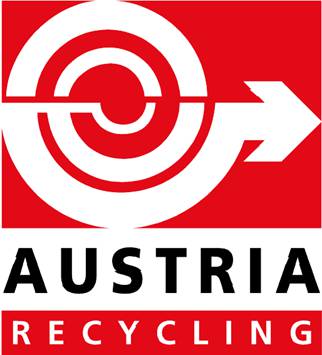
Austria Recycling - Verein zur Förderung von Recycling und Umweltschutz in Österreich (AREC)
National Association of Small and Medium Business of Tajikistan
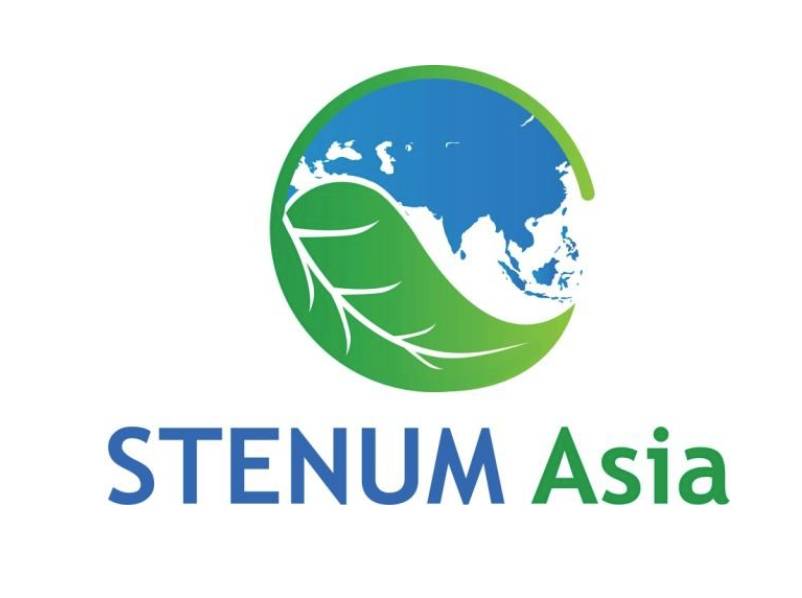
STENUM Asia Sustainable Development Society (STENUM Asia)
